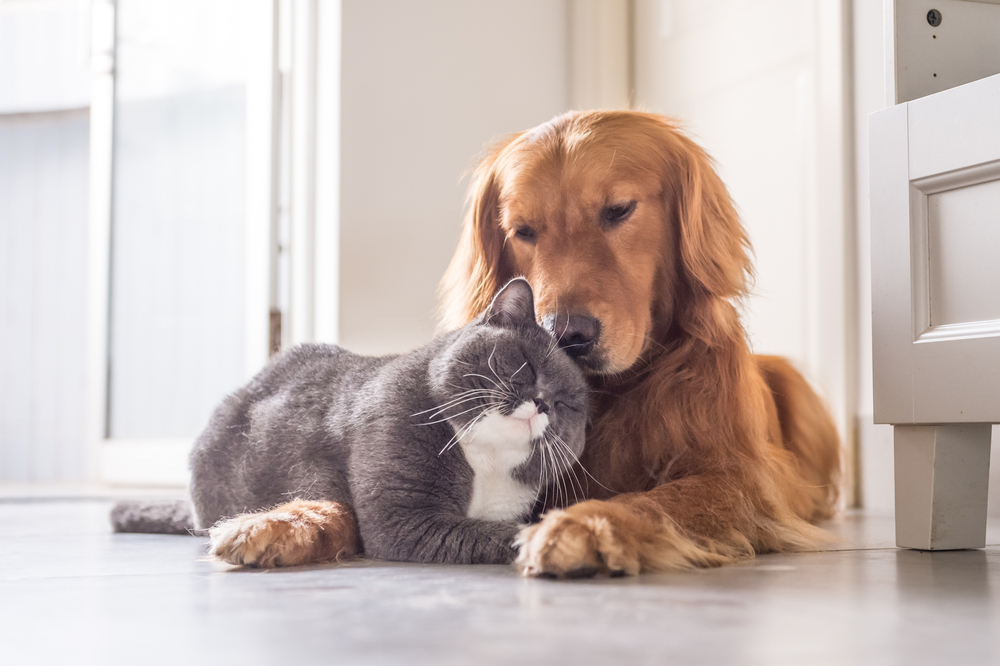
Everything You Should Know Before You De-sex Your Dog Or Cat
De-sexing your dog or cat isn’t just about avoiding unwanted pregnancies. They are often healthier as they are less likely to develop certain diseases over the course of their lives. It can also help with certain behavioural problems. If you are a new dog or cat owner and you are unsure about the whole process, don’t stress, de-sexing is a commonly performed procedure. In this blog, we are going through what you should know about getting your pet de-sexed.
At what age are dogs and cats de-sexed? Can they ever be too old for the procedure?
Most owners have their dogs and cats de-sexed between four and six months of age. Females usually have their first heat from 6 months onwards, so it is good to have them de-sexed before this occurs. If your pet is older and hasn’t been de-sexed, don’t worry! It is still safe and can be beneficial to have them de-sexed at any age.
What are the benefits of de-sexing for male dogs and cats?
Getting your male dog castrated means he may be less aggressive towards other dogs, less territorial, less likely to develop complications with his prostate and eliminates the chance of developing testicular cancer. For male cats it can reduce unwanted spraying and reduces their roaming, therefore avoiding fights.
What are the benefits of de-sexing for female dogs and cats?
Spaying your female dog or cat will stop her going into heat, getting pregnant and producing unwanted litters. The procedure also radically reduces the chances of mammary tumours as well as potentially life-threatening uterine infections (pyometra). The procedure is a little more complicated with females, as the uterus and/or ovaries are removed, however; provided post-operative care instructions by your veterinarian are followed, there is a low risk of complication.
How do I prepare my pet for de-sexing surgery?
Before you bring your pet to their surgery make sure you have followed the instructions your vet has given you. The big thing to remember is not to feed them from the night before the surgery (water is still allowed). If your dog has eaten in the 12 hours before surgery, they can run the risk of vomiting while under general anaesthetic, resulting in a clogged air passage.
To make anaesthetics as safe as possible, Vets in Endeavour Hills recommend and offer an optional pre-anaesthetic blood test for all dogs and cats (even seemingly healthy puppies and kittens). This test will make sure that your dog or cat’s body is functioning adequately and can prepare the surgeon for any unique complications. All animals going under anaesthesia receive intravenous fluids to help maintain their blood pressure and assist with metabolization of the anaesthetic.
How long will it take my pet to recover from de-sexing surgery?
Your dog or cat will need ten to fourteen days of rest, so they will have to forgo walks for a week and should be discouraged from jumping or vigorous activity. It’s a good idea to be around them for the first couple of days to provide some TLC and to keep an eye on their recovery. Make sure you write down and follow your vet’s instructions. For more information check out our before and after surgery page.
Vets in Endeavour Hills offer onsite de-sexing surgeries. De-sexing is typically a day procedure performed at our fully equipped veterinary surgery. Pet owners bring their pets into the surgery in the morning and are usually able to pick them up the same afternoon. To learn more about this procedure, please give us a call on (03) 9700 2264.



